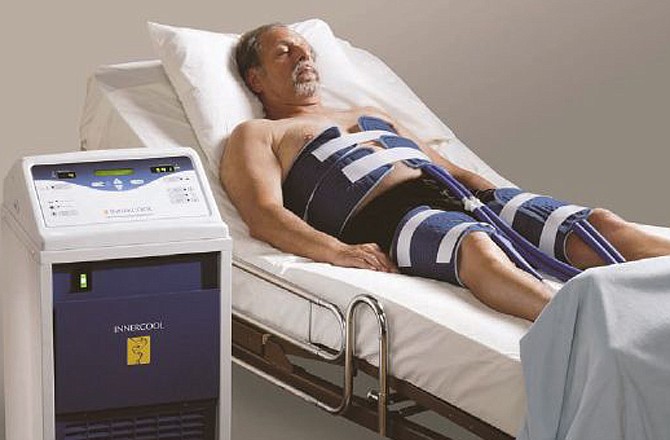When a person experiences sudden cardiac arrest, the focus is on resuscitating the patient. There is usually little thought by family members about the effect the lack of oxygen has on the brain - they are simply relieved that their loved one's heart is beating again.
When the heart stops beating, the lack of oxygen can, and in many cases does, cause brain damage.
Jennifer Luadzers, RN, manager of St. Mary's Health Center's Medical Unit, said she spent 10 years as an ICU nurse, watching patients survive cardiac arrest and then die, days later, due to lack of brain function.
At a critical care conference in Washington, D.C., Luadzers attended a session on therapeutic hypothermia.
"I knew it was something we had to be doing here," she said.

